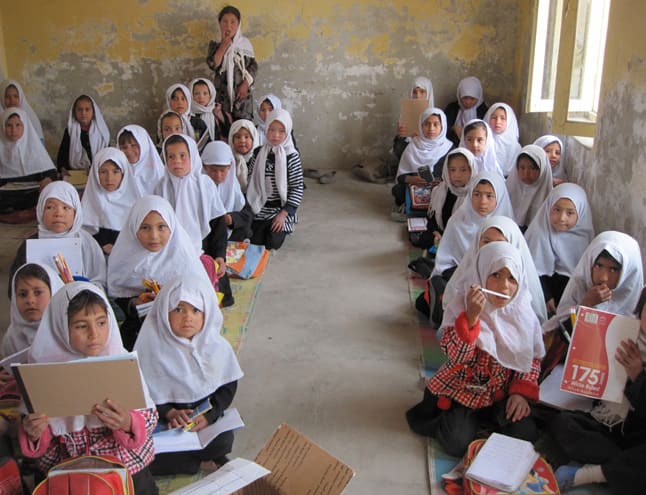
Education: Two-thirds of the world’s children who receive less than four years of education are [b]girls[/b]. Girls also represent nearly 60% of the children not in school.
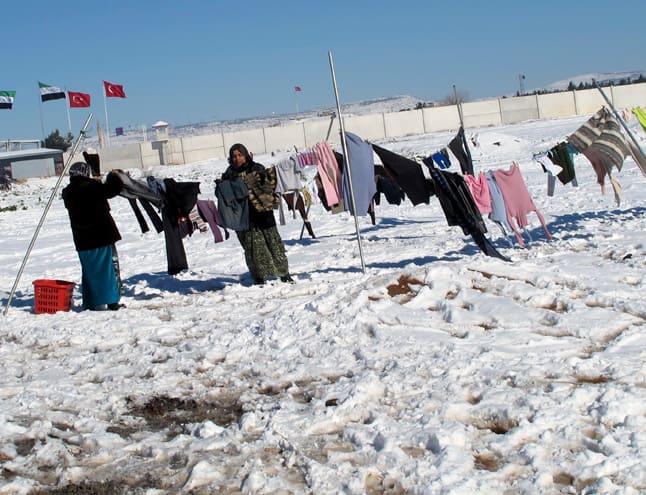
Refugees: About 75% of the refugees and internally displaced in the world are [b]women [/b]who have lost their homes. © Reuters
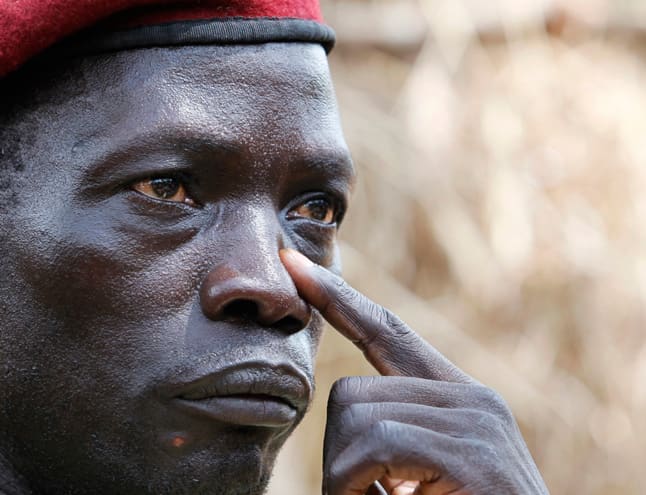
Violence: Gender-based violence causes more deaths and disability among women aged 15 to 44 than cancer, malaria, traffic accident, and war. It kills one in three women across the world and is the biggest cause of injury and death to women worldwide.
© Reuters
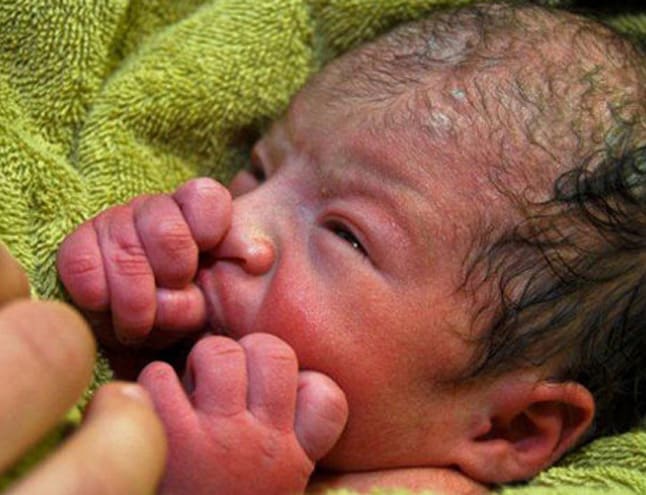
Reproduction: Poor societies often place high fertility expectations on women, as lack of proper medical care can lead to many children dying. Afghanistan used to have the highest infant mortality in the world. Now, according to UN statistics, its infant mortality rate for babies aged 0-1 year has decreased almost by 30% in the past 10 years.
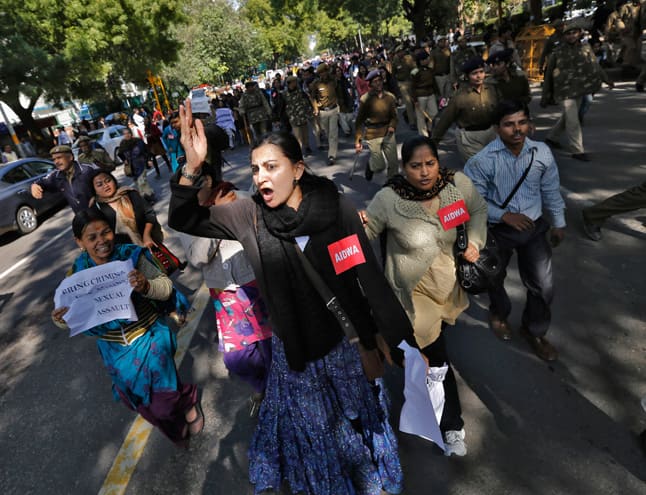
Rape: Demonstrations in New Delhi held by the All India Democratic Women’s Organization (AIDWA) request harsher punishments for rape cases, following the death of a 23-year old woman who was brutally attacked, raped and left for dead by six men in New Delhi on 16 December 2012. © Reuters
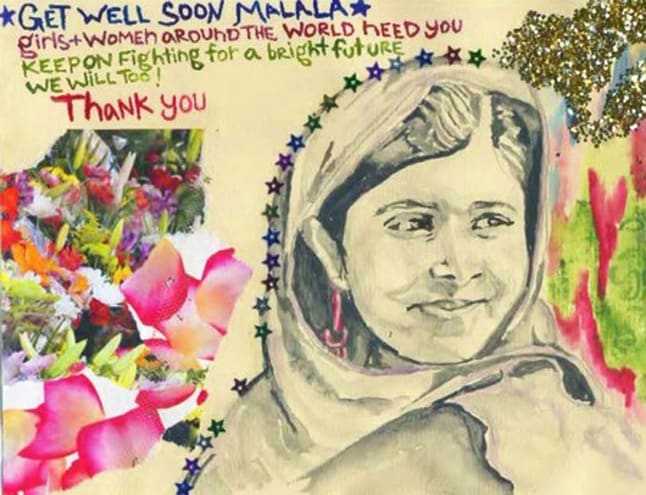
Oppression: Malala Yousufzai, the child activist who was shot by the Taliban in her native Pakistan in October 2012 and who recovered, continues fighting for the right of girls to get an education. The United Nations declared November 10, 2012 – a month after the attack – Malala Day as a day of action to focus on "[i]Malala and the 32 million girls like Malala not at school.[/i]"
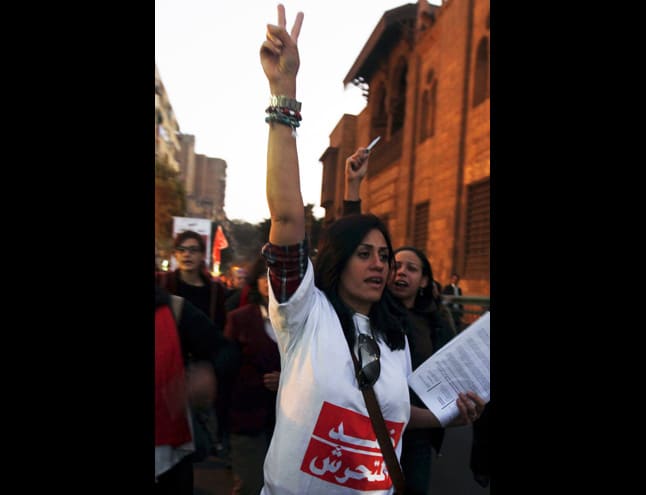
Protests: Operation Anti-Sexual Harassment/Assault, an initiative set up in November 2012 by several Egyptian human rights organizations and individuals, received reports of 19 cases of attacks against women on Tahrir Square on 25 January 2013.
© Reuters
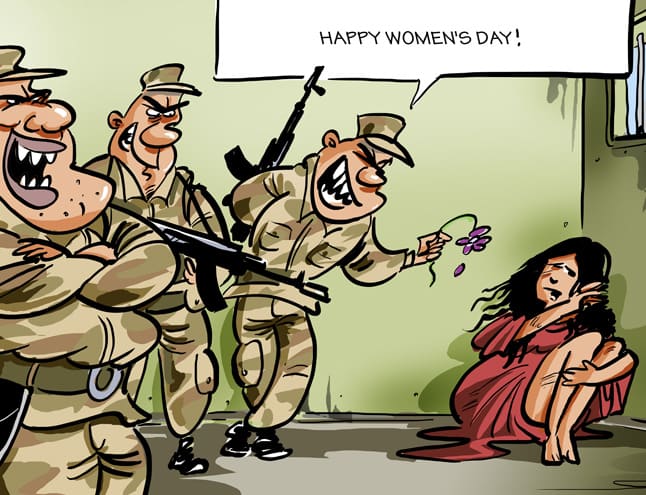
International Women's day has been celebrated for over 100 years. But many of the causes it is fighting for (and against) remain as relevant today. © Rytis Daukantas
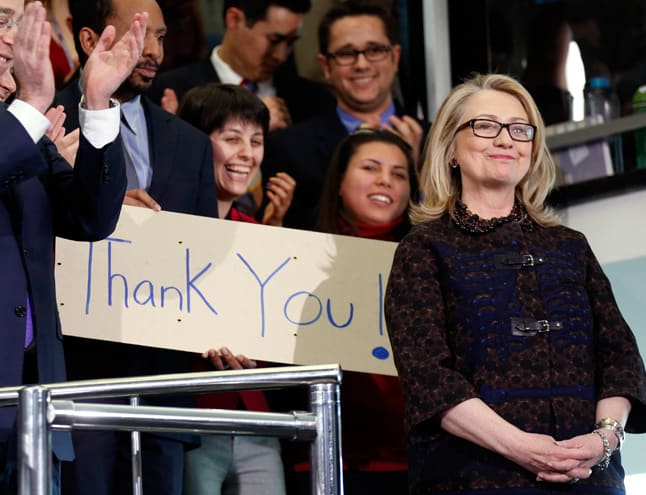
Finally, some positives. The former US Secretary of State Hillary Clinton was the third woman in recent history to be the US' highest diplomat, following Madeleine Albright and Condoleezza Rice.
© Reuters
